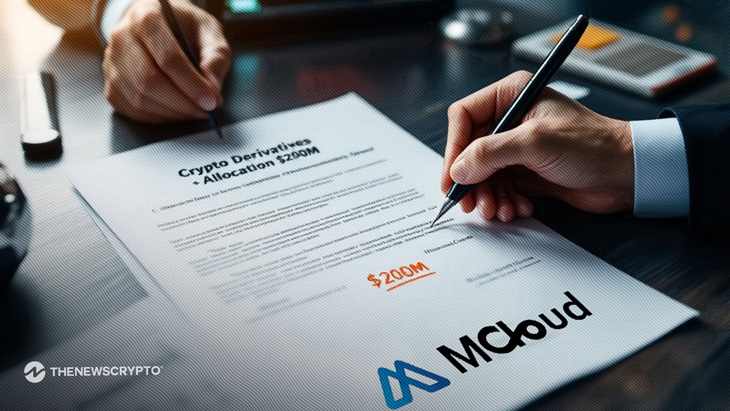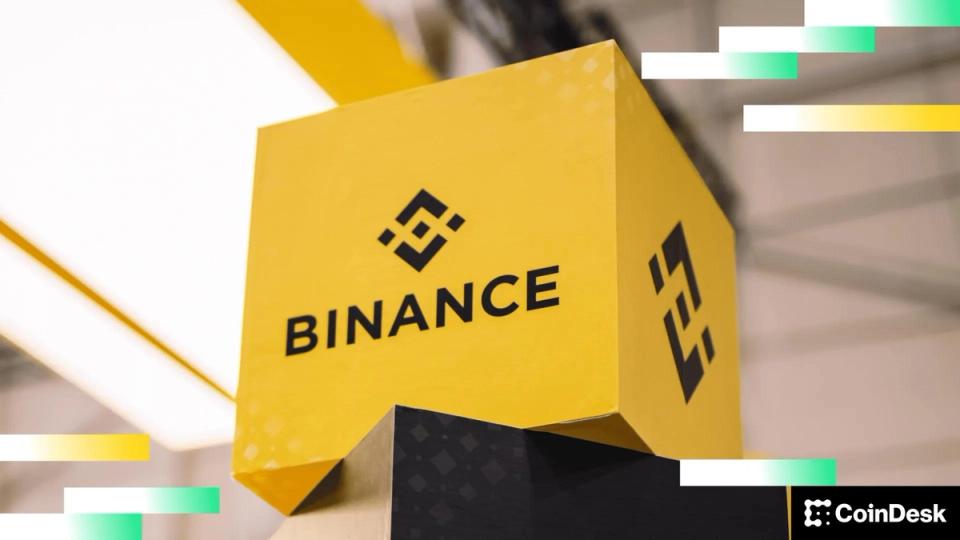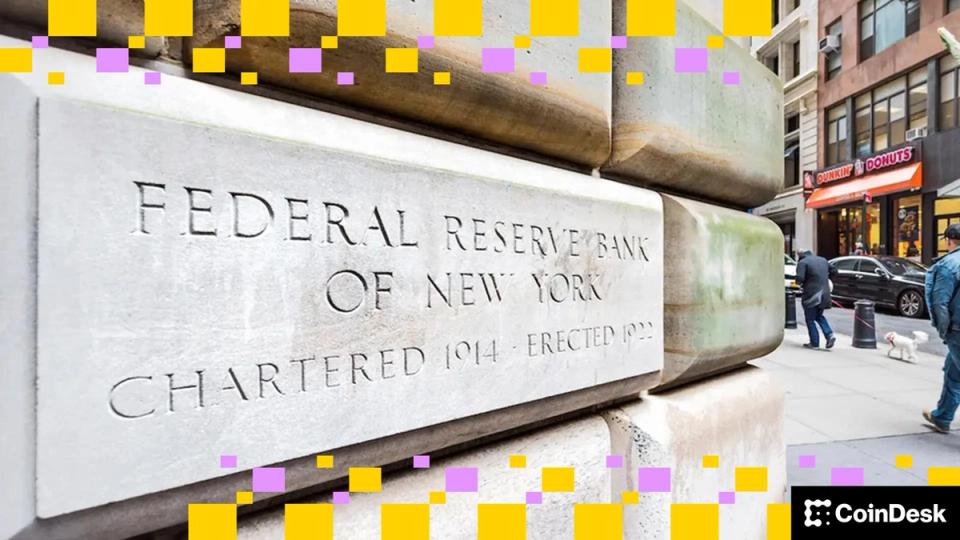MicroCloud Hologram Invests $200M in Bitcoin-Linked Derivatives
Share:

- MicroCloud invests $200M in Bitcoin-related derivatives.
- Crypto holdings support AI, blockchain, and AR innovation.
- The company generated $19M in income from crypto assets.
Nasdaq-listed MicroCloud Hologram, a Shenzhen-based technology company, has made headlines with a bold $200 million investment in Bitcoin and cryptocurrency-linked derivatives. The announcement, made on June 3, 2025, reflects a growing trend among global companies to gain exposure to the crypto market without directly holding digital assets.
It is one of MicroCloud’s various attempts to streamline its reserves of capital while trying out new technologies like blockchain, quantum computers, and AI-based augmented reality.
Strategic Crypto Investment for Financial Growth
Instead of buying Bitcoin outright, MicroCloud opted to invest in derivative securities linked to digital asset performance. These instruments provide exposure to crypto price action without having to actually hold the underlying assets, enabling the firm to have more liquidity and risk management.
According to the press release, MicroCloud is allocating these assets into its capital reserves as part of a long-term financial stability and growth strategy. The derivatives provide flexibility to hedge market volatility while still benefiting from the upward trends seen in the crypto space.
The investment is being drawn from MicroCloud’s $303 million in cash reserves, much of which is currently allocated to the crypto space. The company has already posted $19.08 million in total returns on earlier cryptocurrency-linked investments, and this is making further allocation to the asset class a strong possibility.
Tech Expansion Linked to Crypto Exposure
MicroCloud’s transition is more recent than just a money move. The company wants to bring its financial plans in line with its roadmap, which contains innovation in quantum holography, blockchain, and AI-based augmented reality.
By tapping into the growth and volatility of crypto markets using derivatives, MicroCloud hopes to be able to finance and accelerate development in these niche sectors. The firm is now positioning itself alongside other Chinese tech players investing heavily in blockchain infrastructure and digital asset reserves.
Earlier this year, MicroCloud first announced its intent to enter the crypto market in February 2025. This latest $200 million investment affirms that commitment.
Further, MicroCloud joins a growing number of China-based firms actively investing in crypto assets. In May, e-commerce company DDC Enterprise revealed plans to build a 5,000 BTC reserve. Around the same time, mobility platform Webus International began raising $300 million to fund an XRP reserve for cross-border payments.
The increased adoption of crypto-related strategies by traditional firms indicates a broader shift in how businesses are managing financial assets and technological development in the Web3 era.
Highlighted Crypto News Today:
Ripple CEO Brad Garlinghouse Dismisses Circle Acquisition Rumors
MicroCloud Hologram Invests $200M in Bitcoin-Linked Derivatives
Share:

- MicroCloud invests $200M in Bitcoin-related derivatives.
- Crypto holdings support AI, blockchain, and AR innovation.
- The company generated $19M in income from crypto assets.
Nasdaq-listed MicroCloud Hologram, a Shenzhen-based technology company, has made headlines with a bold $200 million investment in Bitcoin and cryptocurrency-linked derivatives. The announcement, made on June 3, 2025, reflects a growing trend among global companies to gain exposure to the crypto market without directly holding digital assets.
It is one of MicroCloud’s various attempts to streamline its reserves of capital while trying out new technologies like blockchain, quantum computers, and AI-based augmented reality.
Strategic Crypto Investment for Financial Growth
Instead of buying Bitcoin outright, MicroCloud opted to invest in derivative securities linked to digital asset performance. These instruments provide exposure to crypto price action without having to actually hold the underlying assets, enabling the firm to have more liquidity and risk management.
According to the press release, MicroCloud is allocating these assets into its capital reserves as part of a long-term financial stability and growth strategy. The derivatives provide flexibility to hedge market volatility while still benefiting from the upward trends seen in the crypto space.
The investment is being drawn from MicroCloud’s $303 million in cash reserves, much of which is currently allocated to the crypto space. The company has already posted $19.08 million in total returns on earlier cryptocurrency-linked investments, and this is making further allocation to the asset class a strong possibility.
Tech Expansion Linked to Crypto Exposure
MicroCloud’s transition is more recent than just a money move. The company wants to bring its financial plans in line with its roadmap, which contains innovation in quantum holography, blockchain, and AI-based augmented reality.
By tapping into the growth and volatility of crypto markets using derivatives, MicroCloud hopes to be able to finance and accelerate development in these niche sectors. The firm is now positioning itself alongside other Chinese tech players investing heavily in blockchain infrastructure and digital asset reserves.
Earlier this year, MicroCloud first announced its intent to enter the crypto market in February 2025. This latest $200 million investment affirms that commitment.
Further, MicroCloud joins a growing number of China-based firms actively investing in crypto assets. In May, e-commerce company DDC Enterprise revealed plans to build a 5,000 BTC reserve. Around the same time, mobility platform Webus International began raising $300 million to fund an XRP reserve for cross-border payments.
The increased adoption of crypto-related strategies by traditional firms indicates a broader shift in how businesses are managing financial assets and technological development in the Web3 era.
Highlighted Crypto News Today:
Ripple CEO Brad Garlinghouse Dismisses Circle Acquisition Rumors











